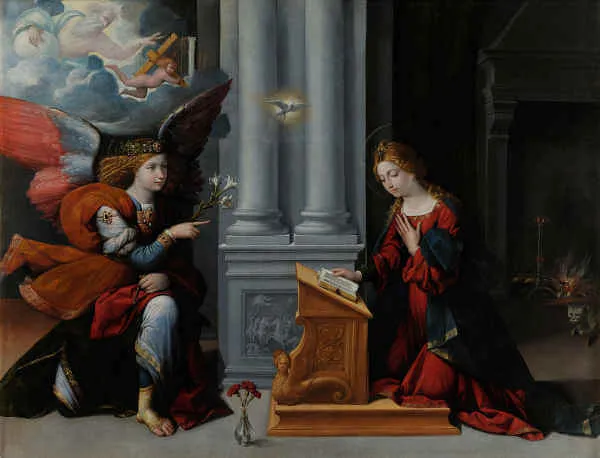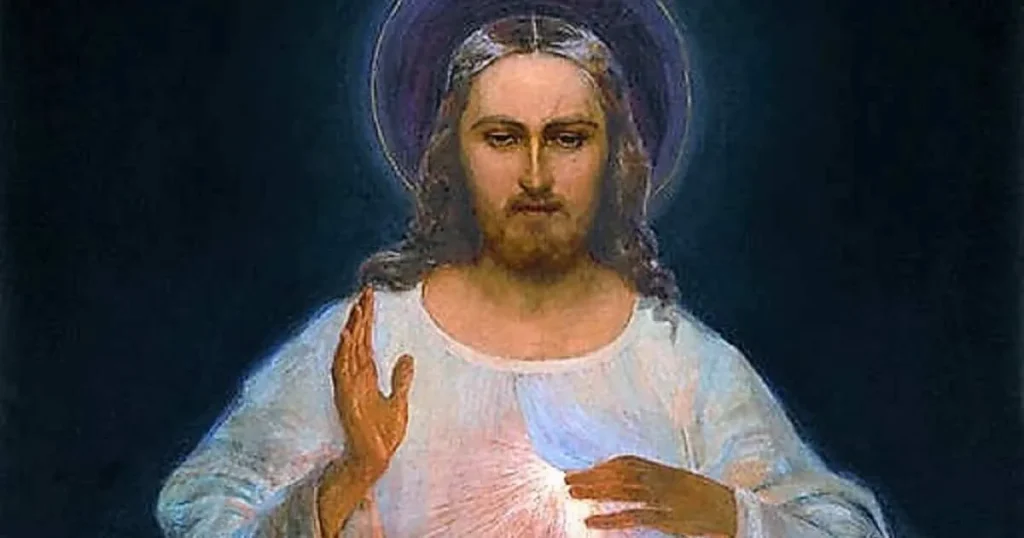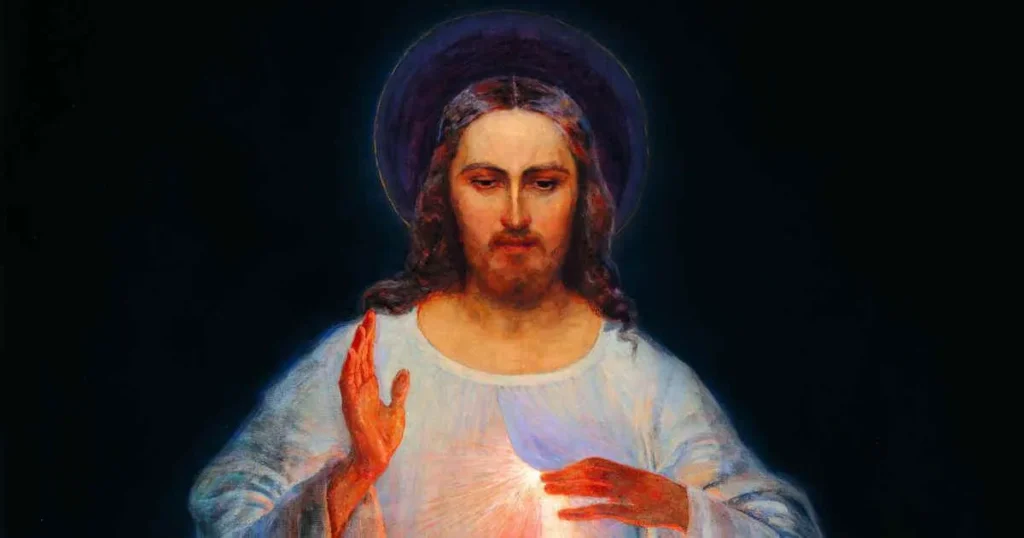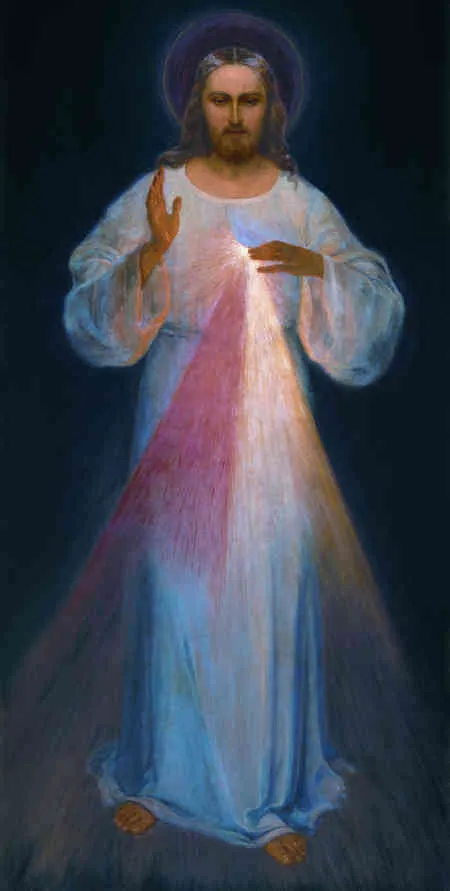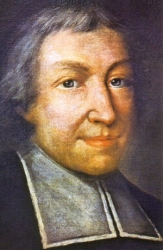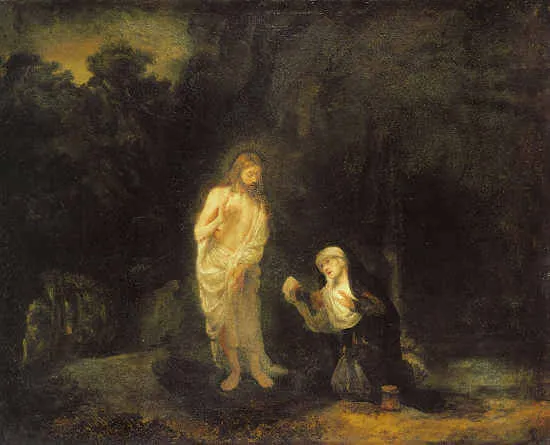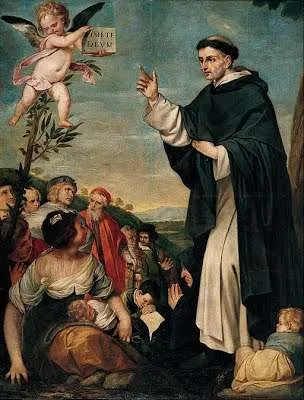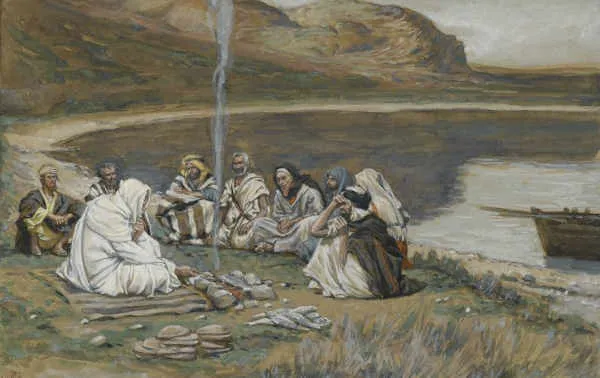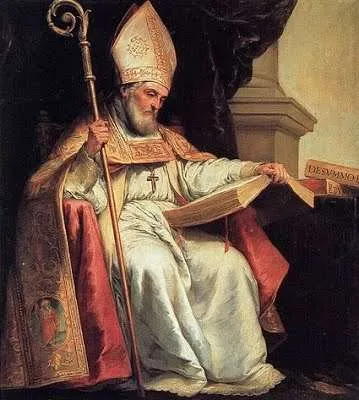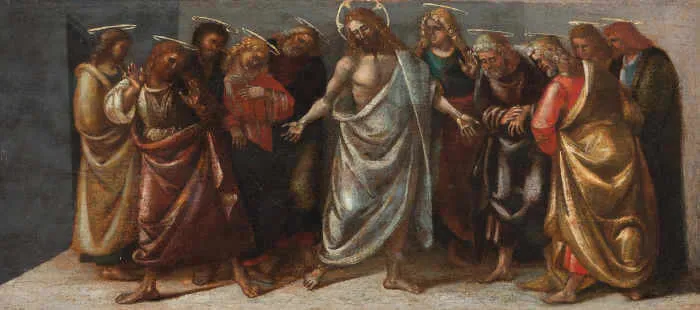Luke 1:26-28
Let It Be
“The angel Gabriel was sent from God to a town of Galilee called Nazareth, to a virgin betrothed to a man named Joseph, of the house of David, and the virgin’s name was Mary. And coming to her, he said, ‘Hail, full of grace! The Lord is with you.’”
Reflection:
Imagine if the Angel Gabriel, the glorious Archangel who stands before the Most Holy Trinity, were to come to you and announce to you that you were “full of grace” and that “The Lord is with you.” What an indescribable and awe-inspiring experience that would be! And yet this is exactly what happened to this young teenager, the Blessed Virgin Mary.
We celebrate today this amazing event that took place, marking the moment when God took on human flesh within her blessed womb. Note that today is nine months before Christmas. The Church gives us this Solemnity today to invite us to walk with Mary over these coming nine months so as to join her in her rejoicing over the birth of her divine Son.
Much could be said about this glorious Solemnity. We could ponder Mother Mary and her Immaculate Conception. We could ponder the very words spoken by the Archangel. We could ponder the mystery surrounding her pregnancy and the way in which God chose to set this gift into motion. And we could ponder so much more. Though all of these aspects are worth fully pondering and praying over, let’s focus upon the reaction of this young woman to the angelic announcement.
First, we read that Mary was “greatly troubled” and “pondered” these words spoken by the Archangel. Being troubled reveals that Mary did not have full knowledge of what the Archangel was revealing. But the fact that she pondered the words also reveals her openness to a fuller understanding. She then seeks a deeper gift of knowledge by asking, “How can this be, since I have no relations with a man?” This response is first an assent of belief in faith followed by a request for a deeper understanding of this revelation. Faith is the ability to assent to that which we do not fully understand, but true faith always seeks a deeper understanding—and this is what Mary did.
After being given some further revelation by the Archangel, Mary fully accepts what was revealed and trusts that what she was told was all she needed to know at that time. And then she offers what has come to be known as her “fiat.” She says, “Behold, I am the handmaid of the Lord. May it be done to me according to your word.” This fiat of Mary is her perfect prayer of surrender to the will of God, and it is also the perfect model for how we all must respond to the will of God. We must see ourselves as true servants of His will, and we must fully embrace whatsoever God asks of us, completely uniting our wills to His.
Reflect, today, upon these words of our Blessed Mother: “Behold, I am the handmaid of the Lord. May it be done to me according to your word.” How is God asking you to make this your prayer also? How is God calling you to serve His most holy will? Are you willing to fully assent to anything and everything God asks of you? As you prayerfully reflect upon this fiat of our Blessed Mother, seek to unite her response to yours so that you, too, will be a servant of the most high God.
Source: https://catholic-daily-reflections.com/2024/04/07/let-it-be-3/


